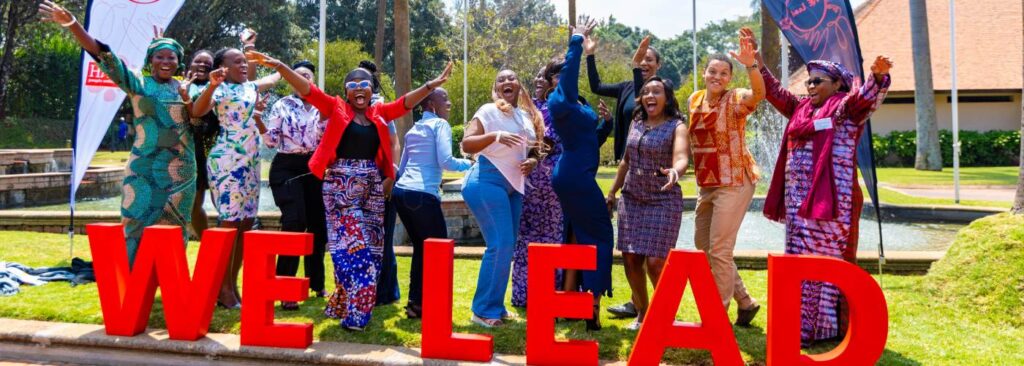The high age of consent on average 16-18 years for adolescents and youth to access sexual reproductive health services (SRHS) has proven a barrier to timely interventions in countries across Sub- Saharan Africa.
Although a high age of consent is meant to protect adolescents, the data and evidence shows that vulnerability of adolescents and youth to sexual and reproductive health risks starts from early adolescence (from 10 years).
Therefore, there is need to reduce the age of consent to enable all young people to have access to SRH services to reduce risks of unintended pregnancies, contraction of HIIV and STIs , as well as to foster positive growth and development.
In response to these concerns, the African Youth and Adolescent Network on Population and Development (AFRIYAN) will be carrying out a regional advocacy project in Malawi, Zimbabwe, Botswana and Zambia dubbed #90DaysofCONSENT. AFRIYAN will be doing this project through support from the Regional SRHR Fund which is funded by the Ford Foundation and Hivos Southern Africa.
The project aims to build on and learn from the successful advocacy campaign undertaken by RAPCAN in South Africa that sought to lower the age of consent in a bid to avoid the criminalization of children engaged in consensual sexual conduct.
To do so, AFRIYAN will work in the four focus countries to engage government, law makers, civil society, and youth-led organizations to push for legal reform. AFRIYAN also aims to gain traction from online advocacy campaigns through the Sex Rights Africa Network website (an initiative of Hivos in Southern Africa and the AIDS Foundation of South Africa) and other social media platforms focusing on age of consent.
Since this is a pilot project, lessons learned and best practices gathered from this campaign will be packaged into case studies as well as advocacy and policy briefs that reflect the experiences in the four campaign countries. This will enable future regional advocacy efforts to learn from the experience of a youth-led advocacy campaign.




